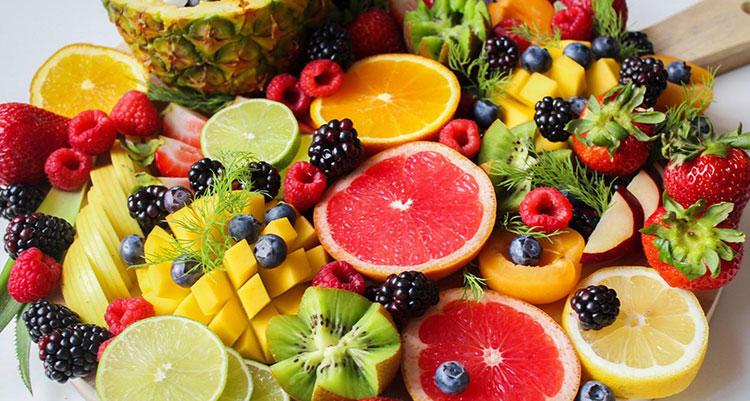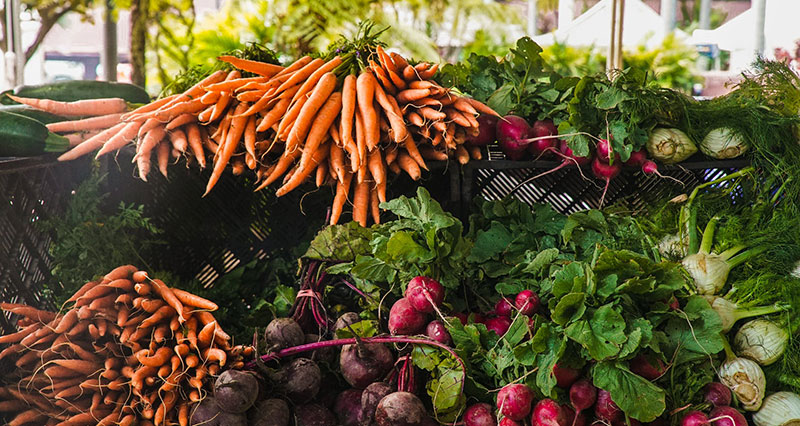Balanced Diet
A diet where a child is consuming all the nutrients required by a child in correct proportions for a healthy growth. A well balanced diet prevents the child from infections and diseases All groups of food needs to be included in a child diet for a healthy and optimum growth likeenergy, proteins, fats, vitamins, minerals etc.
A child’s diet should be both good in quality as well as sufficient in quantity.
A baby from the start will consume food in the quantities that the child needs. No two babies would require the same amount of feed every time. Their feeding pattern would differconsiderably. As long as the child’s growth is as per the schedule, there is no reason to worry about the intake even if small amounts are being eaten.
The focus should be on the quality of food given to the child. Importance should be given on the preparation of foods with adequate calories, fat and other nutrients.so don’t comparing your child's intake with another. Each child eating pattern is different.
Along with achieving the nutritional requirements, importance should be given on learning to enjoy food. Mealtime should be an event they lookforward for and interesting.
Energy and Protein requirement of infants
| AGE |
KCAL/KG |
G/KG |
| 0-3months |
116 |
2.3 |
| 3-6months |
99 |
1.85 |
| 6-9months |
95 |
1.65 |
| 9-12months |
101 |
1.5 |
| Avg. during 1st year |
103 kcal/kg. |
|
Source - ICMR
Vitamins
- Vitamin C
Helps in building resistance against common infections like common colds, asthma, cancer, and hardening of the arteries.
- Vitamin D
Is necessary for the absorption of calcium and phosphate which helps in the growth and development of bones. Vitamin D deficiency causes rickets in children.
- Vitamin E
Vitamin E has evolved as a beneficial anti-oxidant in a wide range of disorders such as cardiac and metabolic problems
- Vitamin K
This is required for clotting of blood normally.
- Folic Acid
Folic acid is a useful in treating anemia caused due to folic acid deficiency.
- Vitamin A
Is very useful for eyes .it helps vision in dim light and night blindness. Night blindness is caused as a result of vitamin A deficiency and for foetal development Vitamin B1 (Thiamine)
Is a co-enzyme in carbohydrate metabolism. It also contributes in euro muscular transmission, and is useful in treating neuritis (inflammation of nerves) often associated with pregnancy.
- Vitamin B2
Vitamin B2 is helpful in treating ulcers of the mouth, inflammation in the food pipe and inflammation in the intestine called riboflavin deficiency syndrome.
- Vitamin B3
Vitamin B3 deficiency causes a disorder called pellagra, which is caused by loss of appetite, lethargy, weakness and mental and neurological changes.
- Vitamin B1
It is useful in treating anemia which is caused by vitamin B12 deficiency during pregnancy.
There are many vitamins present in variety of foods with varying amounts of vitamins, therefore important that the child’s diet is nutritious that consists of fresh fruit, green leafy vegetables, dals, milk products, chapattis and rice.
By following a healthy balanced diet, the child will be protected against common illnesses but will have an overall healthy growth.

